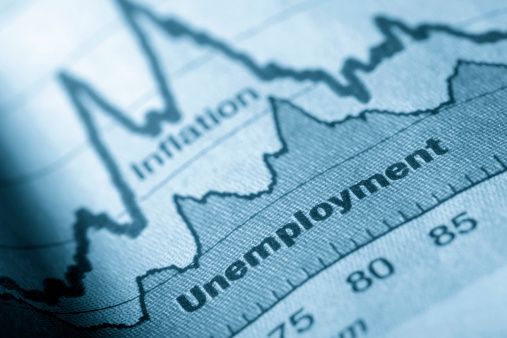Economic Update

How quickly economics can change. At year start, the Australian economy appeared to have dodged a bullet. It survived the pandemic relatively untouched, had record low interest rates and with it, record low levels of unemployment.
Then, seemingly out of nowhere, inflationary pressures erupted in the US economy, breaching an annual rate of 7 per cent and suddenly the economic outlook completely changed.
The US Federal Reserve suddenly stepped in to ease inflationary pressures by slowing economic activity by increasing interest rates and all talk focused on the prospect of a US recession.
In step with its American cousin, the local economy showed shows of inflationary pressures emerging and the Australian Reserve Bank also quickly moved to raise cash rates and flag further interest rate hikes.
The most recent figures from the US though suggest an easing in inflation pressures and with that, a slow-down in possible US rate hikes, which have flowed through to a more positive take within the Australian economy and share market
Finding it hard to keep up? Well, that's not surprising given the pace of change in the local and international economy of the past few months. Let's see if we can get some 'cut through' here, to see what's really happening.
The three big issues that have emerged this year are the war in the Ukraine and the significant supply blockages that have formed as a result of the pandemic. These have combined to create inflationary pressures.
A 2.7 per cent fall in real wages, higher petrol prices, food prices and the prospect of higher interest rates are certainly creating some head winds for the local economy
However, economic activity remains strong. The iron ore sector has almost doubled in size with earnings up some 46.75 per cent to $6.4 billion while agricultural earnings are up 36.4% to $5.7 billion.
A bumper winter crop in Australia and stronger that average international prices are expected to lift agricultural exports to a record $64 billion this year with forecasts that this will reach $100 billion by the year 2030.
While there may be a pick-up in the headwinds facing the economy, it's unlikely they will have much long-term impact on an economy facing this level of economic growth.
So, looking past the noise of day-to-day headlines, it is difficult to see anything less than a positive outlook of the economy and with that, continued strength in the Australian share market.
